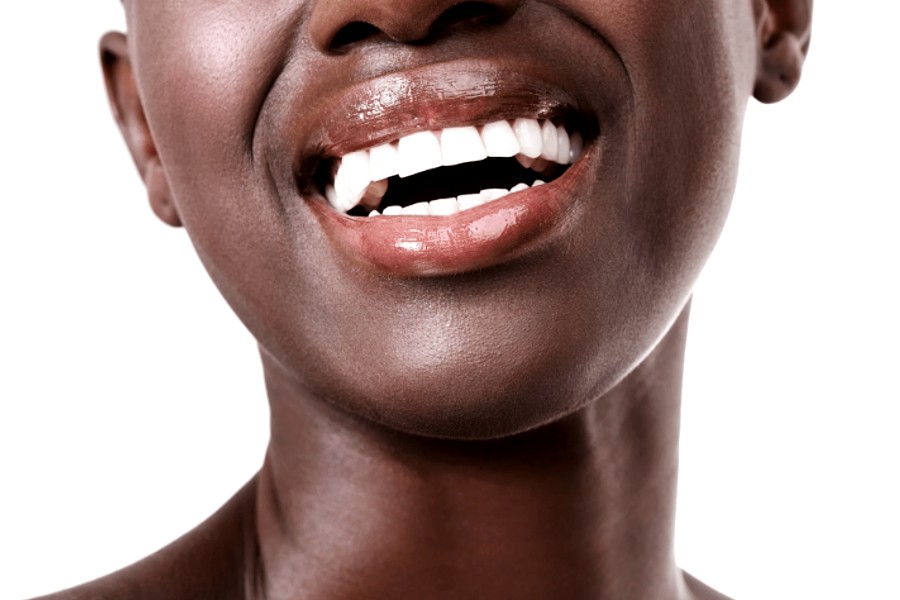 Trichotillomania is a condition where people compulsively pull out their hair. Trichotillomania can be the cause of severe emotional distress and make it difficult to go through day-to-day life.
Trichotillomania is a condition where people compulsively pull out their hair. Trichotillomania can be the cause of severe emotional distress and make it difficult to go through day-to-day life.
Trichotillomania is most commonly associated with women, but there are also men who suffer from this disorder. Trichotillomania can be treated with therapy, medication, or both depending on the severity of the symptoms. If you think that you have trichotillomania, then you should talk to your doctor about getting help. Here’s how to find the right support to deal with Trichotillomania.
Finding The Right Support To Deal With Trichotillomania
Trichotillomania is a mental health condition that affects both children and adults. Trichotillomania can cause serious damage to your body if you don’t get the right support. Now, the specialists at www.nomorehairpulling.com suggest seeking help from medical professionals, family members, friends, or a community of patients who’ve gone through the same problem. There are different types of Trichotillomania Treatment options available including Cognitive Behavioral Therapy (CBT) and Habit Reversal Training (HRT). You should try one type of treatment at a time so you know which Trichotillomania Treatment works best for you.
How Trichotillomania Affects Your Life
Trichotillomania is a mental disorder that can affect your quality of life in many ways. Trichotillomania usually starts when you are an adolescent, around the age of 13 or 14 years old and it’s more common to the ladies than to males. However, if Trichotillomania has been affecting your life for quite some time, several things might have happened already: you don’t go out anymore because you’re too ashamed of your lack of hair or how much effort it takes to cover up all the bald spots on your head, perhaps there’s a job opportunity coming along but they want references from previous employers which will cause troubles since Trichotillomania prevents most with this condition from holding a steady job for more than a couple of months before their hair pulling becomes too noticeable. Trichotillomania can have an impact on all aspects of your life, social or professional and it’s something you should never have to deal with alone.
The Different Types Of Support Available
Trichotillomania support can come in different forms, including medical treatment and therapy. Each trichotillomania patient will benefit from a unique range of treatment options depending on the severity of their condition. So, it is important that you find the right person to help you out. There are also self-help groups for people with compulsive hair-pulling disorder which provide support but there are limitations because they cannot replace professional guidance or medications when needed.
How To Get Started With Treatment For Trichotillomania?
 Trichotillomania can be a serious disorder that is treatable with the right kind of treatment. Trichotillomania has been classified as an impulse control disorder which means that it falls into the same category as other disorders like gambling addiction, pyromania, and kleptomania. Trichotillomania does not seem to be caused by any one thing but many different factors may play a role in Trichotillomania development including genetics or certain neurotransmitters (chemicals produced by brain cells). If you are wondering what to do about Trichotillomania then, try getting started on your journey towards recovery today!
Trichotillomania can be a serious disorder that is treatable with the right kind of treatment. Trichotillomania has been classified as an impulse control disorder which means that it falls into the same category as other disorders like gambling addiction, pyromania, and kleptomania. Trichotillomania does not seem to be caused by any one thing but many different factors may play a role in Trichotillomania development including genetics or certain neurotransmitters (chemicals produced by brain cells). If you are wondering what to do about Trichotillomania then, try getting started on your journey towards recovery today!
Some Tips On Finding The Right Therapist
Trichotillomania is an extremely complex disorder that requires a unique approach. Therefore, it might be best to look for someone who specializes in cognitive behavioral therapy for trichotillomania. Trichotillomania is an anxiety disorder that can be accompanied by other disorders such as Obsessive-Compulsive Disorder and Body Dysmorphic Disorder, which makes it even more important to find a therapist who has experience with treating these complex cases.
If you cannot afford private therapy then you should consider using support groups or online communities where people share their stories and experiences regarding Trichotillomania. There are some good forums available on the internet but it might also help to ask your doctor if they know any local support groups in your area. The most important thing is to admit that you have a problem and that you need help.
As you can see, Trichotillomania is a tough condition to deal with. It affects your life in many ways and it takes time for the hair to grow back again after pulling it out. The good news is that there are plenty of support options available if you want help dealing with this disorder. The above points will help you find the right support to deal with Trichotillomania
Become a Harlem Insider!
By submitting this form, you are consenting to receive marketing emails from: Harlem World Magazine, 2521 1/2 west 42nd street, Los Angeles, CA, 90008, https://www.harlemworldmagazine.com. You can revoke your consent to receive emails at any time by using the SafeUnsubscribe® link, found at the bottom of every email. Emails are serviced by Constant Contact








